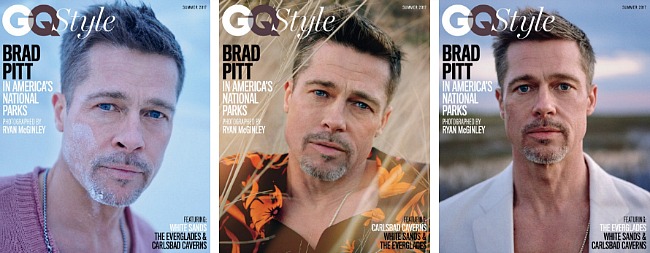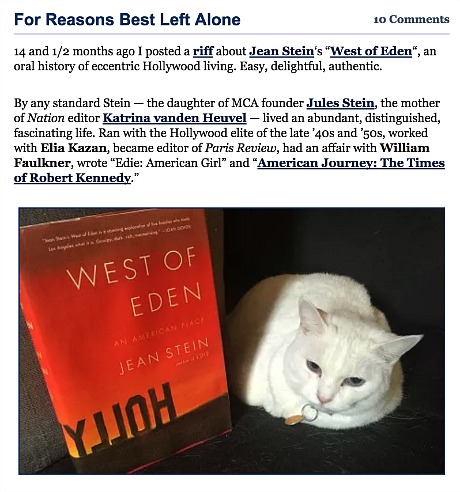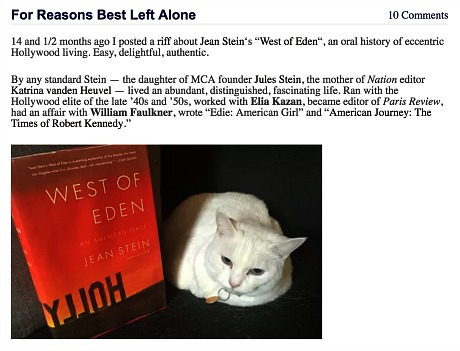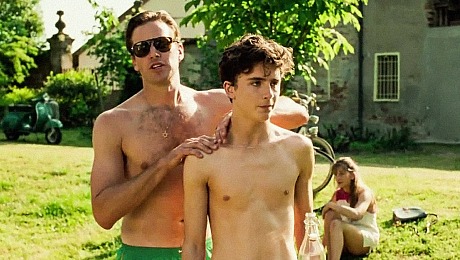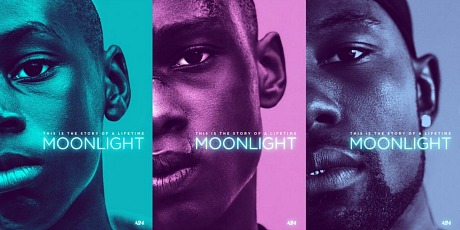In a just-posted interview with GQ‘s Michael Paterniti, Brad Pitt announces that he’s turned away from booze and (I think) pot, which Pitt legendarily inhaled for 25-plus years. The interview is like an AA confession. Clean and sober, a new life…for now. Pitt calls it a “season” that he has to “run off a cliff,” but good for him anyway. I knew six days in (my sobriety began on 3.20.12) that I’d be clean for life, but we all follow our peculiar paths.
Pitt: “I do remember a few spots along the road where I’ve become absolutely tired of myself. And this is a big one. These moments have always been a huge generator for change. And I’m quite grateful for it.”
HE Overview: Everybody drinks and parties for 20, 25 years. From their late teens to their early to mid 40s. But you can’t keep that shit up. Cut back, dial it down, embrace sobriety…whatever. But if you don’t rethink it or downshift to some extent, you’re likely to be in some kind of trouble by your early 50s. I speak from experience.
Pitt: “I can’t remember a day since I got out of college when I wasn’t boozing or had a spliff, or something. Something. And you realize that a lot of it is, uhm…cigarettes, you know, pacifiers. And I’m running from feelings. I’m really, really happy to be done with all of that. I mean I stopped everything except boozing when I started my family. But even this last year, you know…things I wasn’t dealing with. I was boozing too much. It’s just become a problem.
Read more


